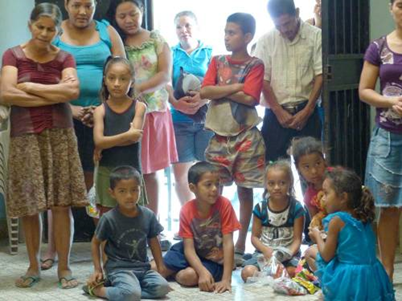The Trump administration, which has already closed the Mexican border to most Central Americans seeking U.S. asylum, is planning to go a step further and send most of the would-be migrants to another Central American nation to seek refuge there. Regulations proposed by the Departments of Justice and Homeland Security would authorize immigration judges at the southern border to send asylum-seekers to one of three countries — Guatemala, El Salvador or Honduras — as long as it was not their homeland. They could apply for asylum there rather than in the United States. The rules would allow other migrants to remain in the United States if they could convince an immigration judge that they were likely to be persecuted, or tortured, in the Central American country where they were to be sent to apply for asylum. That would be very difficult to prove for a migrant who would have little or no time to gather evidence about conditions in the Central American nation and, in nearly all cases, would not have access to a lawyer, said Richard Caldarone, an attorney with the Tahirih Justice Center, a support group for immigrant women and girls.
- Home
- About Us
- Issues
- Countries
- Rapid Response Network
- Young Adults
- Get Involved
- Calendar
- Donate
- Blog


